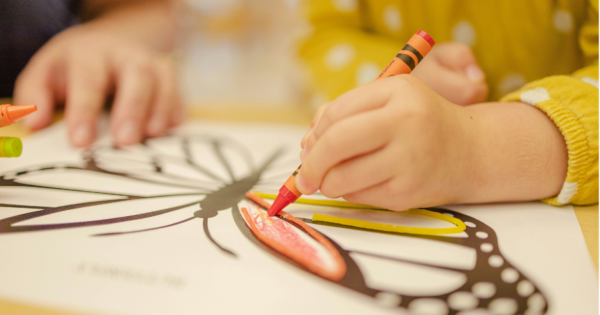
“Is my child ready to start kindergarten?” is a question you may have been asking recently. Like so many other questions, there isn’t always a quick “yes” or “no” answer because it depends on several factors. However, this question is legitimate, even necessary, when deciding when to start your child in kindergarten. It’s important to know how to assess whether your child is ready, what steps to take to help your child get ready, and how to prepare yourself and your child for kindergarten. In this article, you will find helpful tips on
- understanding kindergarten readiness,
- assessing your child’s readiness, and
- compiling a checklist of things to help you prepare for kindergarten.



